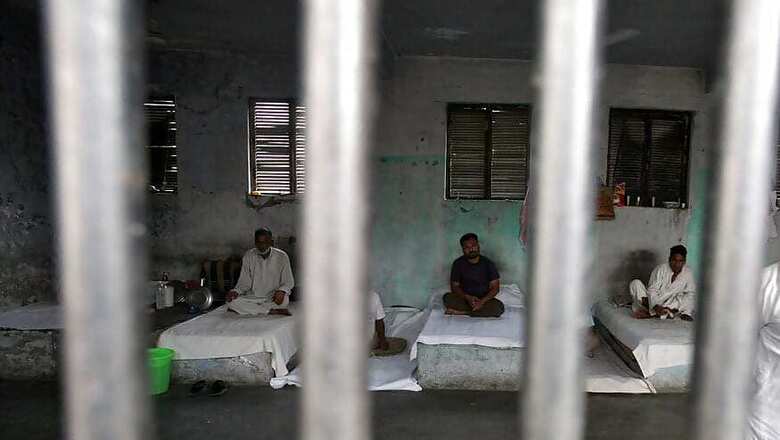
views
India has one of the highest undertrial populations behind the bars, with 67.2% of prisoners being undertrials and not convicts, a report by Amnesty International revealed.
A large number of them don't have a proper access to legal aid, and at least a quarter of inmates have been languishing in jails for more than a year across the country.
According to the Amnesty International report - published last week - lack of legal aid and non-availability of security forces to escort these inmates to and from the court were cited as primary reasons for such a large number of prisoners.
Amnesty studied the condition of prisoners in jails and collated data under the RTI from prison authorities governing 154 jails in 18 States.
“There are twice as many undertrials in Indian jails, as there are convicts,” says Leah Verghese, a researcher at Amnesty, in her report that was released last week. Contrast this with the US – where only 20 per cent of the jail inmates are undertrials – and you have a skewed criminal justice system that doesn’t bow to the 'bail-is-the-norm' concept.
RTI data shows that there were a staggering 82,334 instances when undertrials could not be taken to the court purely because of the shortage of police escorts between September 2014 and February 2015. Though video-conferencing is available, there were 27,694 cases in which undertrials could not be produced before a judge through this, either.
Most Indian prisons are also crowded beyond humane-ness – with States like Chhattisgarh filled to a suffocating 233 per cent capacity. There are more than two lakh undertrials across the country – making India the third highest in Asia in terms of undertrial population -- and most jails are overflowing. At least 15 States have prisons that have more than a 100-per-cent occupancy rate – this includes the capital, Delhi, with a whopping 226 per cent occupancy rate.
The data raises serious questions on prison administration, coming as it does in the wake of exposes in Karnataka’s jails over easy access to drugs, ill-treatment of jail inmates, overcrowding and special treatment to certain high-profile convicts.
At least 53 per cent of undertrials waiting for justice are from minorities, Dalits or tribals – again, a disproportionate number, the report states, as these communities make up only 39 per cent of the country’s population.
Legal aid is not easily available as lawyers enlisted by the State for this are paid poorly: one lawyer in Bihar reported he was paid a measly Rs 500 for a case that went on for three years.
Amnesty has also recommended to the government and government agencies to streamline reforms so that monitoring and coordination are better, and maintain a computerised database of all inmates that can give alerts about pending releases and other actions.












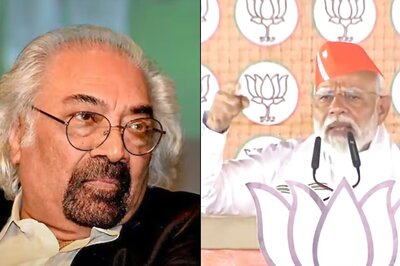



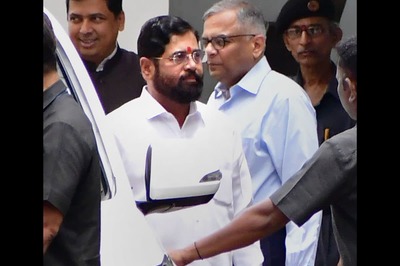
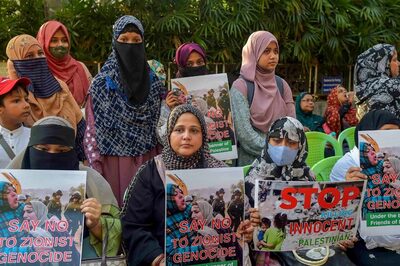
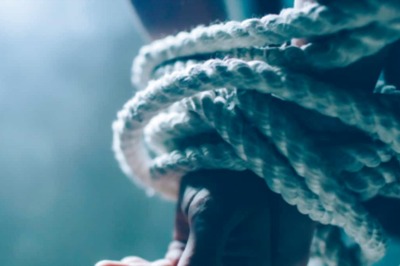
Comments
0 comment